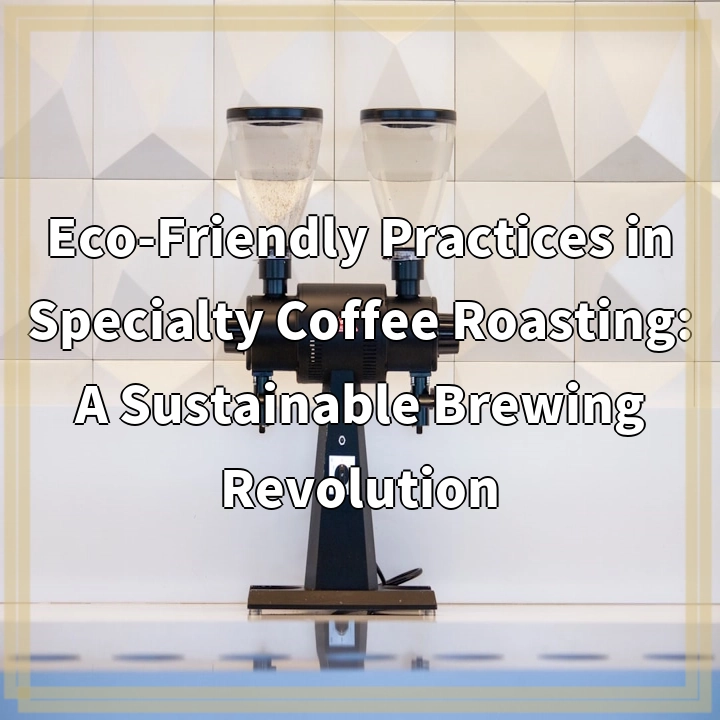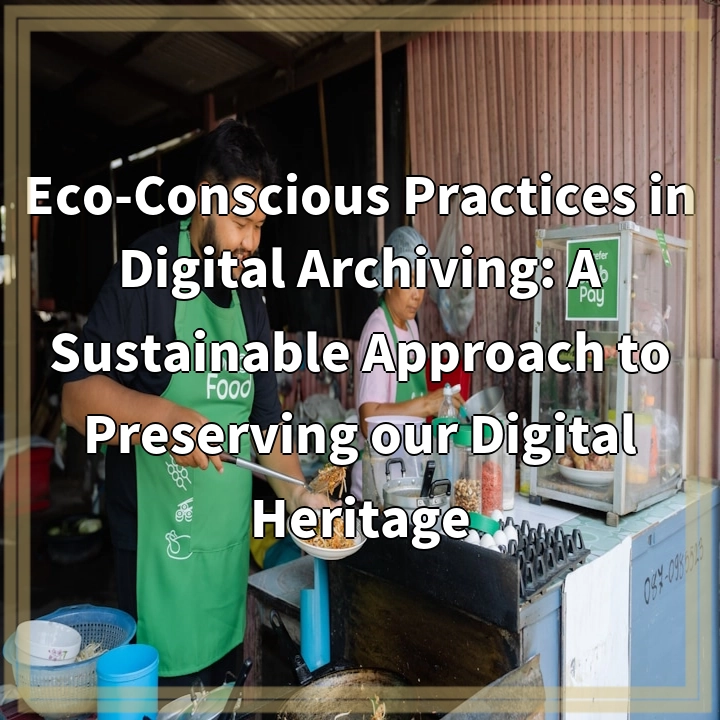
What are Eco-Friendly Practices in Specialty Coffee Roasting?
Specialty coffee roasting is a craft that focuses on the unique flavors and characteristics of high-quality coffee beans. In recent years, the coffee industry has seen a growing emphasis on eco-friendly practices within this specialized process. Eco-friendly coffee roasting involves implementing sustainable techniques and technologies to minimize the environmental impact of coffee production.
Real-World Problems Associated with Traditional Coffee Roasting
Before delving into eco-friendly practices, it’s important to understand the environmental challenges posed by conventional coffee roasting methods.
1. Energy Consumption:
Traditional coffee roasting requires significant amounts of energy to operate the roasting equipment and to maintain a consistent temperature throughout the process. This often results in high energy consumption and contributes to greenhouse gas emissions.
2. Air Pollution:
During the roasting process, coffee beans release volatile organic compounds (VOCs) and carbon dioxide. If proper air filtration systems are not in place, these emissions can contribute to air pollution and pose health risks to workers and nearby communities.
3. Waste Generation:
Conventional coffee roasting generates substantial waste, including chaff, spent coffee grounds, and packaging materials. Improper disposal of these waste products can have negative environmental impacts, such as soil and water contamination.

Solutions for Eco-Friendly Practices in Specialty Coffee Roasting
1. Energy-Efficient Roasting Equipment:
One solution is the adoption of energy-efficient roasting equipment that utilizes advanced technologies to reduce energy consumption. This includes roasters with improved insulation, recirculation systems, and precise temperature controls, allowing for more efficient and sustainable roasting processes.
2. Emissions Control and Air Filtration Systems:
Another important solution is the implementation of emissions control and air filtration systems. These systems capture and treat volatile organic compounds (VOCs) and carbon dioxide released during the roasting process, minimizing air pollution and reducing the potential health risks associated with traditional roasting methods.
3. Waste Management and Recycling:
Effective waste management strategies play a significant role in eco-friendly coffee roasting. Implementing practices such as composting coffee chaff and recycling spent coffee grounds can greatly reduce waste sent to landfills. Additionally, using eco-friendly packaging and promoting responsible disposal practices further minimizes the environmental impact.
4. Sustainable Sourcing and Processing:
Choosing sustainably sourced and ethically produced coffee beans can contribute to eco-friendly practices in specialty coffee roasting. Supporting coffee farmers who adopt environmentally friendly agricultural practices, such as organic farming and shade-grown cultivation, ensures a more sustainable supply chain and protects biodiversity in coffee-growing regions.















